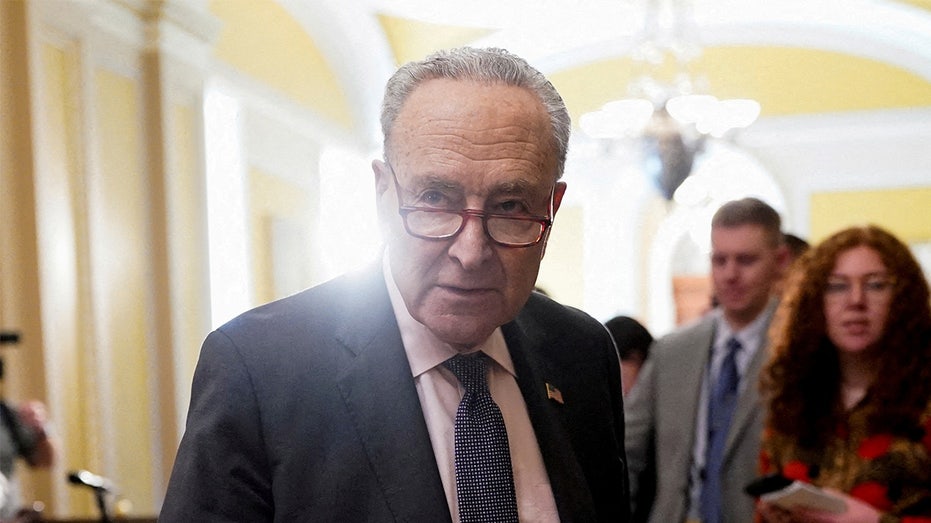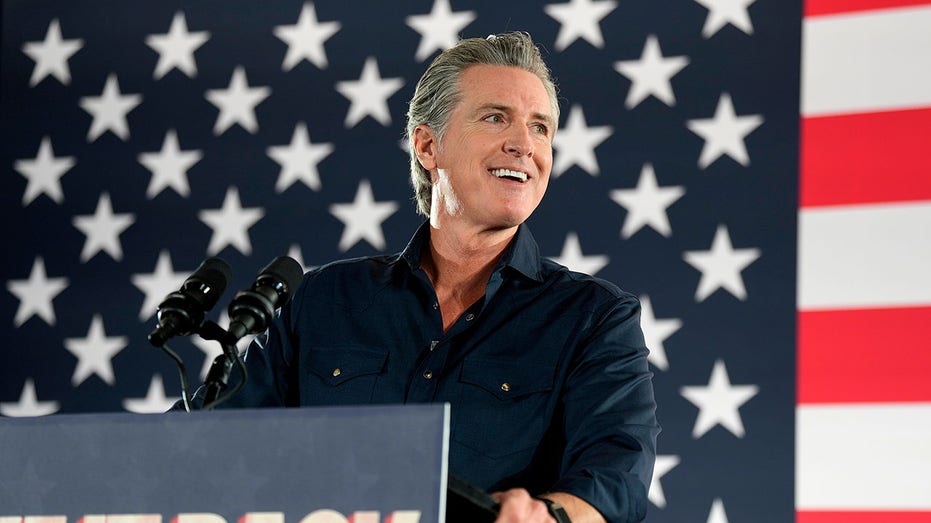The Senate finds itself locked in a rare weekend struggle, a chamber paralyzed as a government shutdown stretches on, casting a shadow over the approaching Veterans’ Day recess. Lawmakers are scrambling for a solution, attempting to piece together a fragile compromise that could avert further disruption.
Behind closed doors, a trio of spending bills is being crafted, intended to be attached to a previously approved, yet stalled, continuing resolution. The hope is to temporarily reopen the government, buying time until December or January to forge a more lasting agreement. But as Saturday drew to a close, the package remained incomplete, and no votes were taken.
Instead, the Senate floor became a battleground for familiar arguments. Republicans fiercely criticized the Affordable Care Act, while Democrats passionately defended the need to extend expiring premium subsidies, vital for millions of Americans. The debate underscored the deep ideological divide fueling the crisis.
History suggests a grim outlook. Senate Democrats have already blocked similar proposals fourteen times, and are expected to do so again. The looming recess adds another layer of urgency, yet also complicates matters, as lawmakers are reluctant to remain in Washington indefinitely without a clear path to resolution.
Senate Majority Leader John Thune acknowledged the difficulty, stating that simply putting a bill to a vote isn’t enough. “We’ve got to have votes to actually pass it,” he conceded, revealing a cautious approach born from previous failures. Republicans are wary of another public defeat.
However, the spending package is only one piece of a much larger puzzle. Senate Minority Leader Chuck Schumer, emboldened by recent electoral gains, has presented a new plan: a one-year extension of the Obamacare subsidies coupled with the formation of a bipartisan group to address long-term budget issues once the government reopens.
This proposal was swiftly rejected by Republicans, deemed a “non-starter” by Thune and met with outright anger by others. Senator Eric Schmitt even suggested appealing to the previous administration to redirect funds from states and cities favored by Democrats, a move intended to pressure the opposition.
Democrats anticipated the rejection, yet remained frustrated. Schumer accused Republicans of prioritizing political posturing over the needs of the American people. The core disagreement centers on the timing of addressing the healthcare subsidies – Republicans insist on dealing with them only *after* the government is reopened.
The debate extends beyond simple policy disagreements, touching on fundamental questions of fairness and economic impact. Senator Katie Britt argued that the current system disproportionately benefits insurance companies, while Democrats maintain that extending the subsidies is a crucial step in ensuring affordable healthcare access.
Senator Chris Murphy expressed exasperation with the lack of genuine negotiation, lamenting that both leaders seem unwilling to compromise. He described the Democratic offer as “simple” and “scaled-down,” questioning why it wasn’t being seriously considered. The impasse continues, leaving the nation in a state of uncertainty.
As the shutdown drags on, the stakes grow higher, and the path forward remains obscured by partisan conflict. The fate of the government, and the well-being of countless Americans, hangs in the balance, dependent on a breakthrough that seems increasingly elusive.


![BIDEN'S SHOCKING DEGRADATION: Staffer's Brutal Truth REVEALED! [VIDEO]](https://www.thegatewaypundit.com/wp-content/uploads/2025/11/img_0064-1200x630.jpg)



